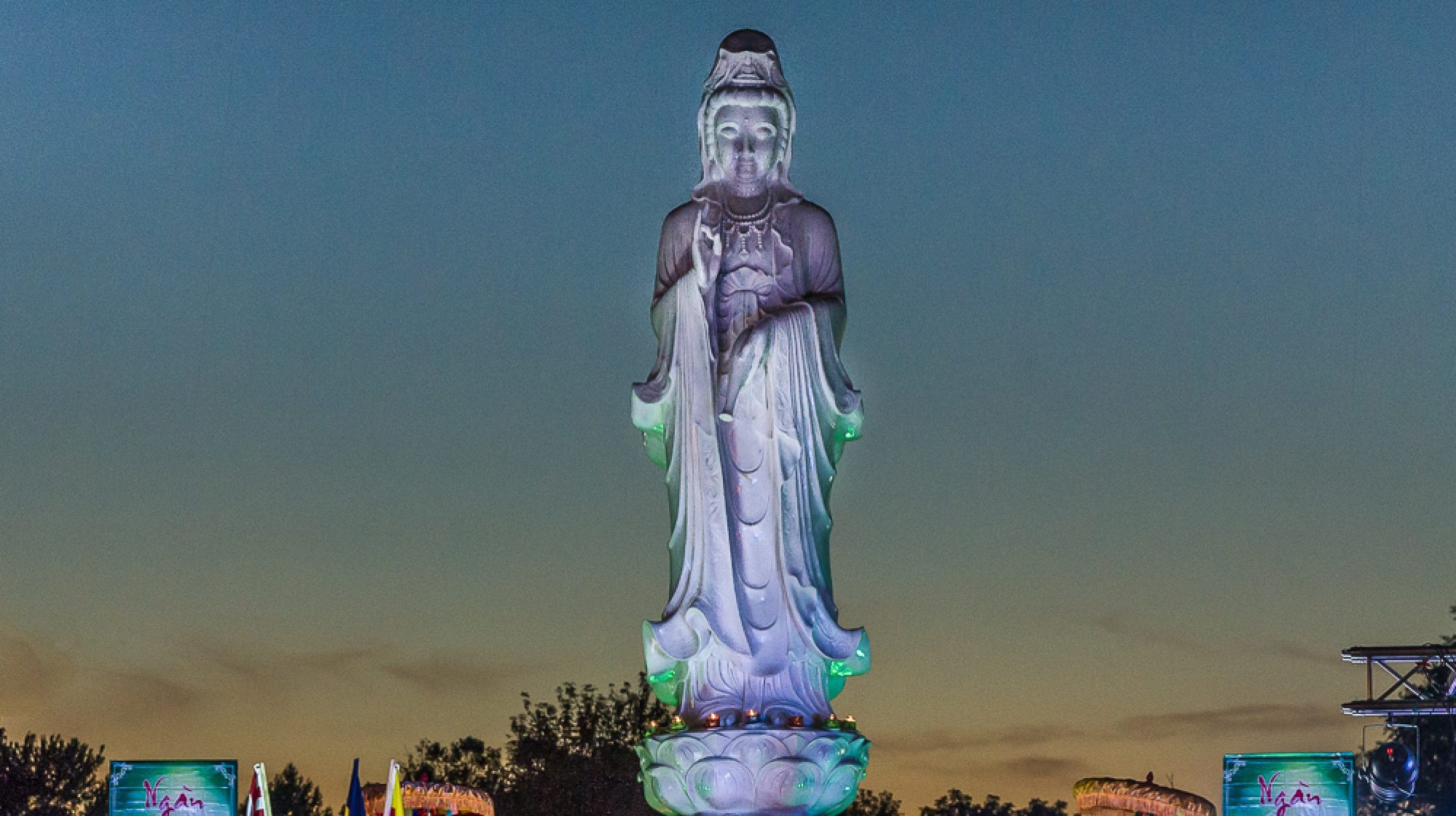Professor Knepper’s Spring 2103 Philosophy of Religion course first examined religious responses to suffering in the abolitionist movement, post-Holocaust Judaism, and medieval Zen Buddhism. They also familiarized themselves with the religious responses to suffering that the Fall 2012 Comparative Religions class studied: the Sikh khalsa, Abd el-Kader’s jihad against the French, and Lakota responses to the Wounded Knee massacre. Below are some of their final papers in which they compare, explain, and evaluate many of these religious responses to suffering:
Anonymous student’s paper
Liz Kuker’s paper
Julien Lamberto’s paper

